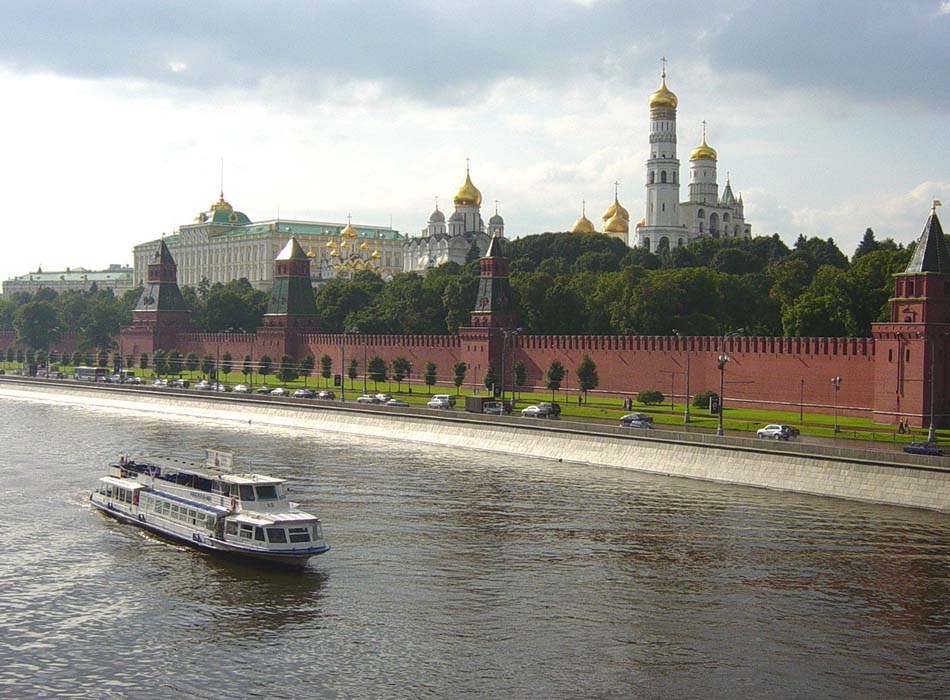The War on Terror Is Not the Cold War
“Jihadism is a mosquito bite compared to communism.” So says Lieutenant General William Odom, the director of the National Security Agency under Ronald Reagan from 1985 to 1988, in next week’s issue of Time.
It’s a provocative assertion, and Odom, who now works at the neoconservative Hudson Institute, is no dove. But is he right?
On one hand, whereas we could contain Stalin through the policy of mutually assured destruction, suicide bombers are, by definition, undeterrable. Indeed, despite a massive nuclear arsenal, the Soviets never once attacked the United States, whereas al Qaeda succeeded in inflicting the worst assault on American soil ever.
On the other hand, the Soviets were better armed, wealthier and more numerous than al Qaeda. As the New Republic’s Peter Beinhart has put it, “The U.S.S.R. was a totalitarian superpower; al Qaeda merely espouses a totalitarian ideology, which has had mercifully little access to the instruments of state power.” Does anyone doubt that if Osama bin Laden ever acquires a nuke, he would not use it?
Furthermore, the Soviets funded and armed the Koreans and Vietnamese, among other insurgencies. And if you want to compare Communism to al Qaeda-ism, it’s not even close: Communism oppressed billions—virtually all Asia, Latin America, parts of Africa and South America—whereas jihadism has under its boot, at most, tens of thousands.
So is Odom right? The short answer is yes: nuclear weapons, in the hands of a global empire, trump jumbo jets in the hands of 19 men. The long answer, to paraphrase historian Richard Pipes, is that the threat of jihadism is both less menacing than communism, in that jihadis are militarily weaker, and more dangerous, in that they are fanatics who are impervious to negotiation.
* Thanks to Chris Matthew Sciabarra, who helped me answer this very question in college.
Addendum (9/1/2012): Charles Krauthammer articulates the counterargument:
“Deterring Iran is fundamentally different from deterring the Soviet Union. You could rely on the latter but not on the former. . . .
“The mullahs have thought the unthinkable to a different conclusion. They know about the Israeli arsenal. They also know, as Rafsanjani said, that in any exchange Israel would be destroyed instantly and forever, whereas the ummah—the Muslim world of 1.8 billion people whose redemption is the ultimate purpose of the Iranian revolution—would survive damaged but almost entirely intact. . . .
“The mullahs have a radically different worldview, a radically different grievance and a radically different calculation of the consequences of nuclear war.

 Comments
Comments